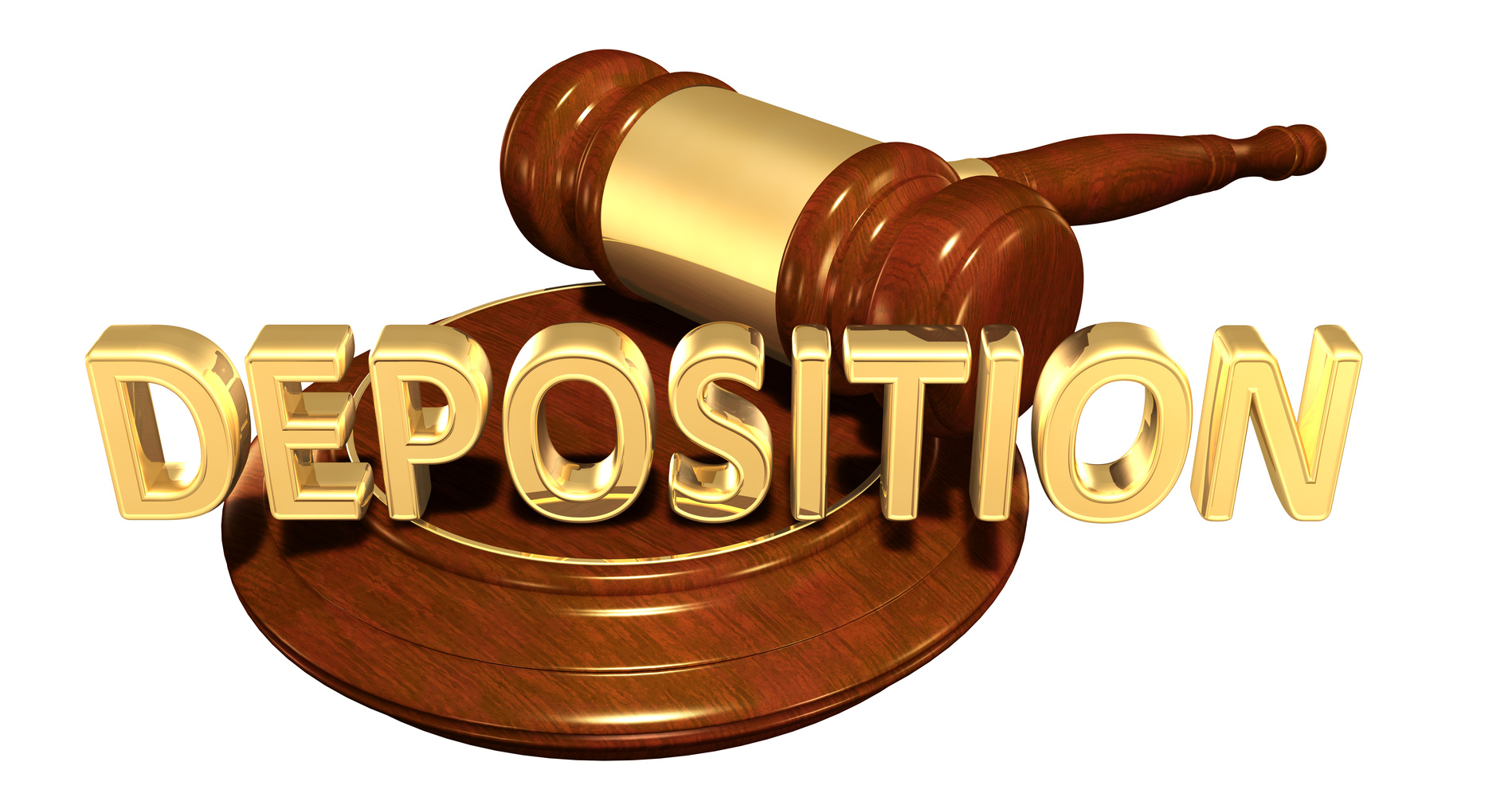Preparing For a Deposition in Your Louisiana Personal Injury Lawsuit
A deposition is a formal legal proceeding taking place outside of the courtroom wherein sworn testimony is taken from a witness. This testimony is gathered through a question-and-answer session involving attorneys from both sides of the case. A court reporter will almost certainly be present.
The purpose of a deposition is to obtain sworn statements and information from the plaintiff (you) and the defendant (the person being accused of causing your accident) as well as witnesses for each side. These statements are recorded and verified by the court reporter either by video or audio recordings or typed out. Your deposition may take place in an attorney’s office or a neutral place such as a federal building meeting room.
How to Prepare For Your Deposition
You should meet with your New Orleans personal injury lawyer well before the deposition for coaching in how to act and answer. You should dress appropriately for court; no T-shirts or shorts, club wear, dirty/torn clothing or hats. How you appear while being questioned may be shown to the jury later as evidence. Be mindful that your mannerisms, posture and how you conduct yourself during questioning can reveal a lot about your testimony.
Pre-Questioning Coaching from Your Lawyer
Your New Orleans personal injury attorney can give you good sample questions commonly asked at depositions they’ve previously been through for cases similar to yours. While giving answers, your lawyer should be watching for some key points such as:
- Not getting angry with counsel – Showing any hostility means you’re more likely to get flustered and say something without thinking. The other attorney may try to provoke you into an argument so it’s important to remain calm and control what you say.
- Guessing the meaning of a question – Don’t answer a question unless you are certain what the attorney means. Ask them to clarify if you don’t completely understand what they are asking.
- Volunteering information – Answer all questions in concise statements, as the more you say, the more likely you are to volunteer potentially damaging information.
- Waiting for the attorney to finish the question – Take a moment to consider what the attorney just asked you and prepare your answer. Speaking without first thinking raises your risk of saying something you may regret.
Common Trick Questions at Depositions
Your New Orleans personal injury lawyer should be familiar with some of the trick questions defense attorneys ask to try to get damaging statements out of witnesses.
These questions are often misleading or confusing and you should remember you always have the right to ask for clarification before answering.
Some typical trick questions you may get at your deposition include:
- Compound questions – Two questions joined into one.
- Questions that assume facts that are not true – For example; “Can you describe what happened after the car in front of you put on his turn signal?” would be a dangerous question if the car did not in fact use their turn signal.
- Summary questions – Questions that attempt to summarize your previous testimony, often hiding damaging or untrue statements within the key points.
- Questions asking for exact figures – If the attorney asks for the exact speed you were going or the exact time it was when your accident occurred, answer in estimates, not solid figures unless you can prove the concrete numbers.
The New Orleans personal injury lawyers at J. Price McNamara ERISA Insurance Claim Attorney have extensive experience in helping victims with Louisiana personal injury lawsuit deposition, trials, and settlements. Before you talk to the insurance companies,
contact us to schedule your FREE legal consultation – (866) 248-0580.
J. Price McNamara
Attorney
Losing my own brother, then my father and sister after long, disabling illnesses just a few months apart drove a career change for me. Before that experience, I never truly understood the place you’re in. I never understood the dramatic impact that receiving (or not receiving) the disability and life insurance benefits you paid for and counted on can have on your life especially when you need to focus on family and healing. What I experienced with my own family now drives the way I view my clients and my work, and I will never forget it!
Author's Bio



